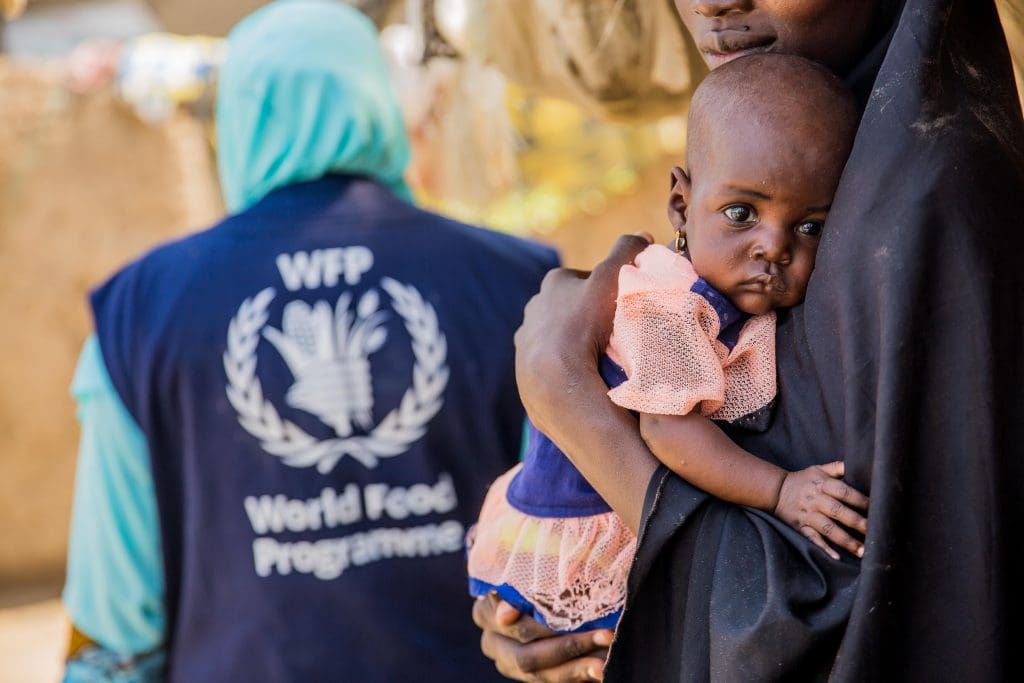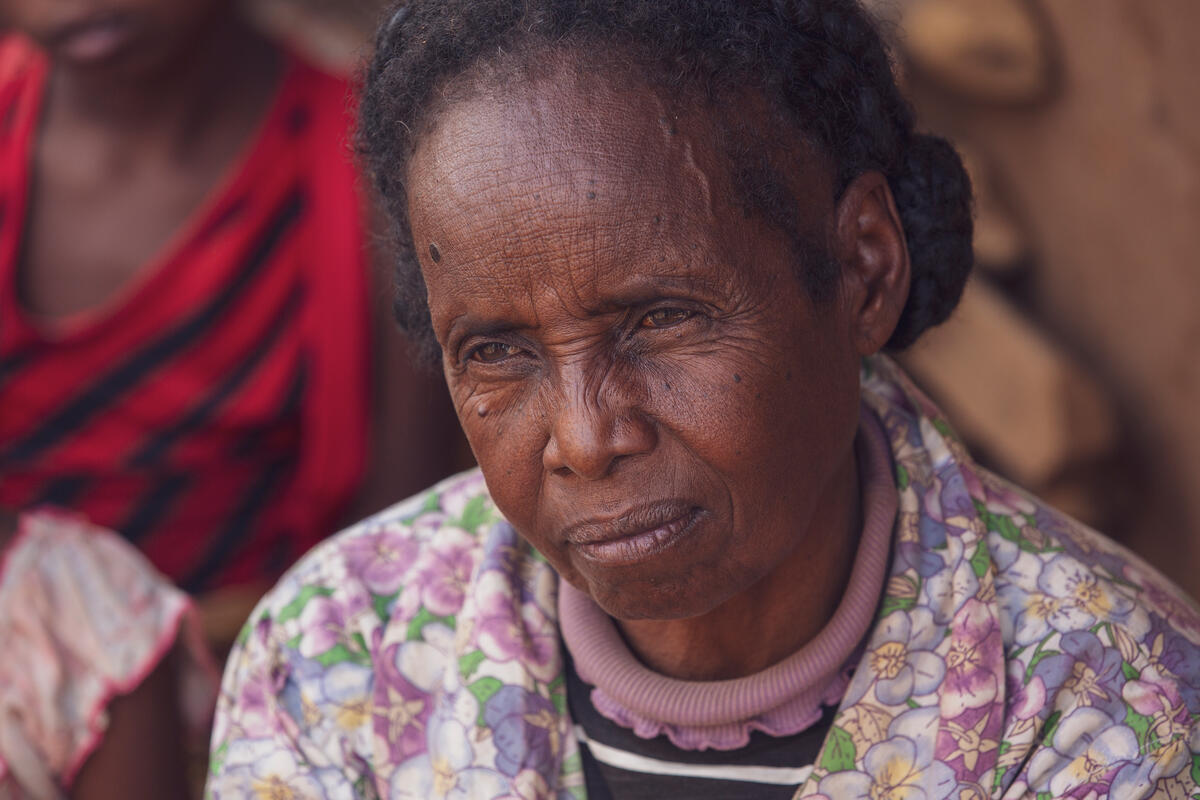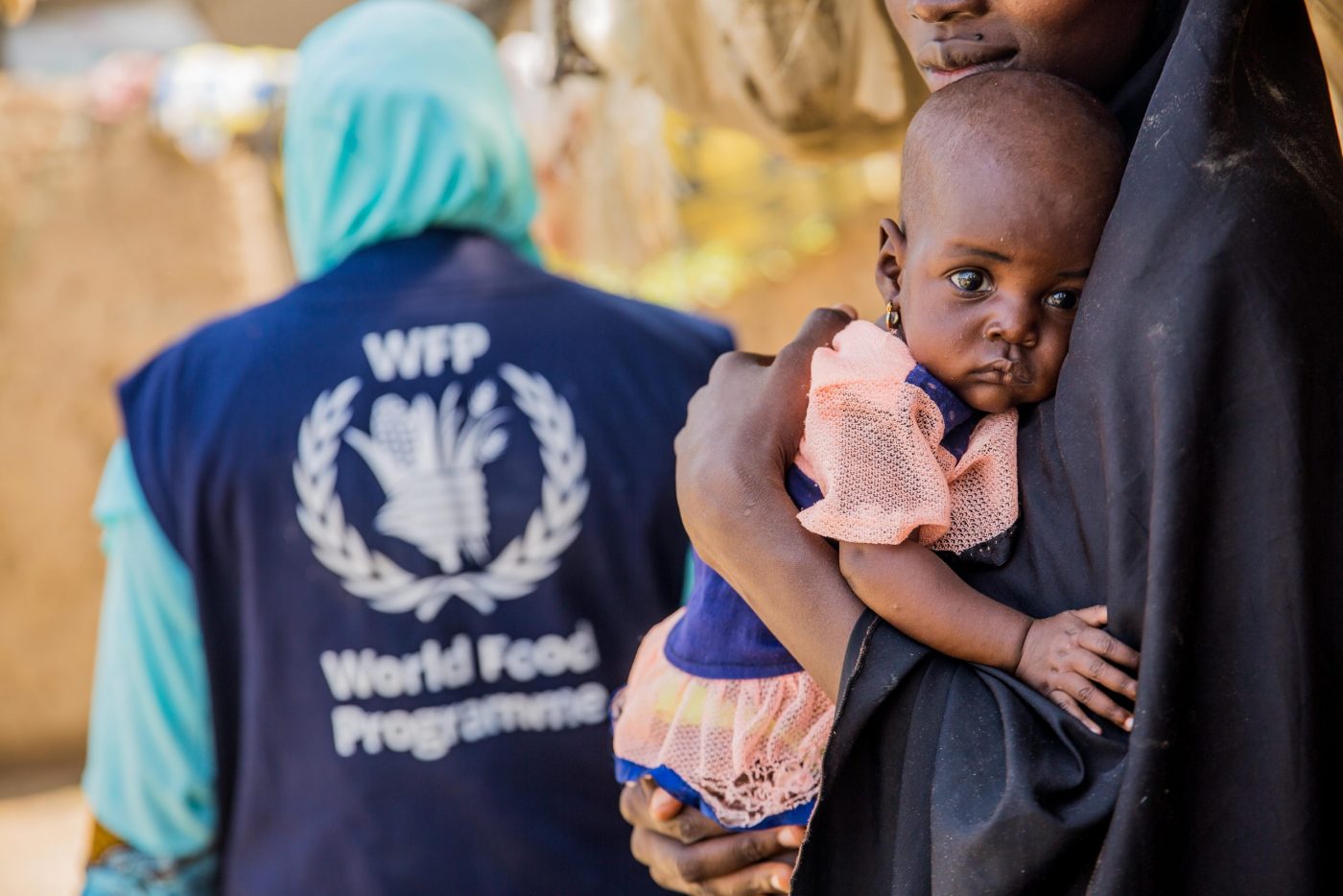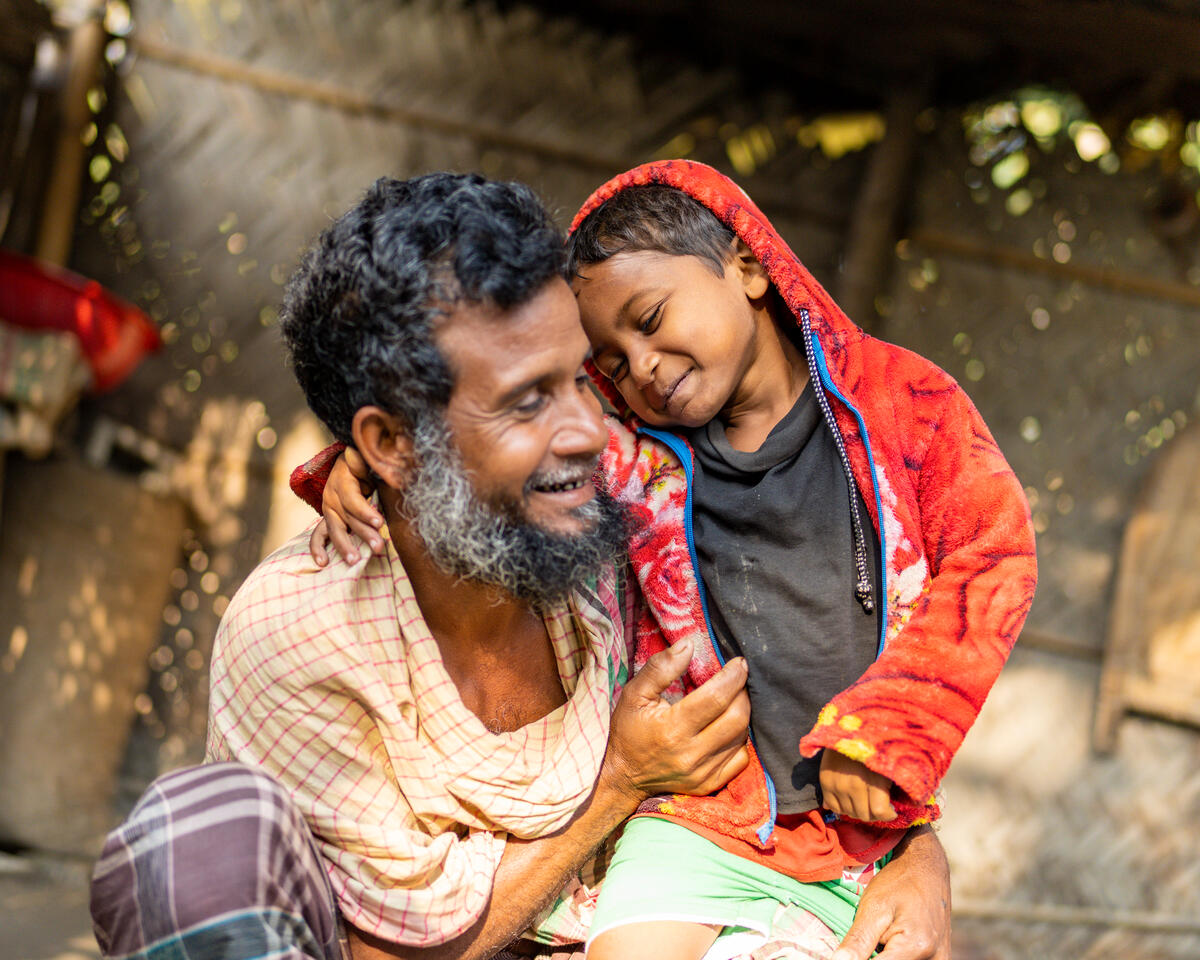What Is the G7 and How Can It Help Solve the Global Hunger Crisis?

The G7 forum is a space for world leaders to come together, discuss policies and roll out solutions for issues like global hunger. Ahead of the summit, the United Nations World Food Programme (WFP) has asked the G7 members to commit to “Five Calls to Action” addressing today’s record-high humanitarian needs.
What Is the G7?
G7 stands for “Group of Seven” and is an annual summit that convenes leaders from the world’s seven wealthiest countries: Canada, France, Germany, Italy, Japan, the United Kingdom and the United States. The European Union will participate in all discussions as a guest, represented by the President of the European Council and the President of the European Commission.
Political leaders from the G7 member states have met since 1975 to discuss and negotiate policy on the world stage. The 2022 meeting will be hosted by Germany in the Bavarian Alps and begins Sunday, June 26th.

WFP has one message for the G7 countries: Act now or the unprecedented levels of hunger we are seeing will only continue to rise.
Decisions made at G7 meetings are not legally binding. Instead, they are unified decisions by world leaders to chart a new path forward on issues including the economy, international development, gender equality and climate change.
What’s on the Agenda?
For its G7 presidency, Germany has set the goal of “progress towards an equitable word” – a goal which will govern the meeting’s priorities this weekend. The summit will especially focus on the impacts of the war in Ukraine, the global food crisis, COVID-19 and economic cooperation.

Without funding, people in extremely fragile settings will face starvation. Soon, many will be forced to flee their homes in search of food and safety – destabilizing entire countries and regions.
What Can the G7 Do About the Global Hunger Crisis?
Today, the world is in the midst of the largest global food crisis in recent history. 345 million people are severely hungry. 50 million are on the brink of famine or worse. Conflict, the impacts of climate change and COVID-19, and rising food and fuel costs are converging to drive starvation worldwide.

Shortly before the conflict in Ukraine, WFP warned that 2022 would present record levels of hunger, placing millions of people in mortal danger. In the wake of the war, the situation has significantly deteriorated.
It is the United Nations World Food Programme (WFP)’s job to alert the global community of what it is witnessing as it works to save and change lives in more than 120 countries or territories. To that end, the U.N. World Food Programme has issued Five Calls to Action to G7 leaders:
- Commit to political solutions to end conflicts now – including the immediate reopening of all Black Sea ports
- Ensure trade is open to deliver grains, oil and fuel
- Support and join global and regional initiatives to combat global hunger
- Fill the U.N. World Food Programme’s current funding gap to ensure that today’s crises do not multiply or increase the number of people facing hunger around the globe
- Invest in strategic development solutions that build resilient communities and foster climate actions, social protection, and sustainable food systems – allowing humanitarian and development organizations to change lives over the long term
The U.N. World Food Programme works daily to ensure the right systems and tools are in place to address rising needs – but partnership is key. Through these Five Calls to Action, the G7 can work together with partners to deliver lasting solutions for peace.

We must continue to help communities build resilience to shocks like conflict and extreme weather events so that people facing hunger are equipped with everything they need to maintain long-term food security.
In 2015, at the very same location of Schloss Elmau in Germany, G7 member states pledged to “lift 500 million people in developing countries out of hunger and malnutrition by 2030.”
Seven years later, this pledge remains unfulfilled and hunger levels higher than ever before. At this critical crossroads for global hunger, the G7 has an opportunity to revisit their commitment and act to pull people back from the brink of starvation.
Portions of this blog originally appeared on WFP’s Stories on June 21, 2022.




